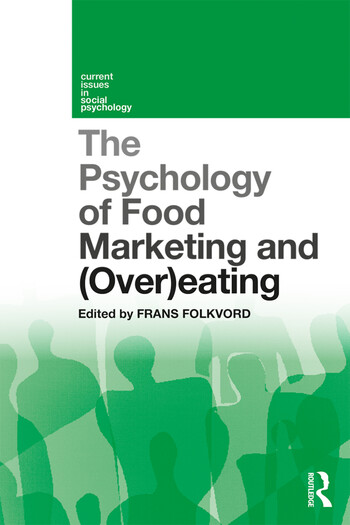Power of the Food e-Vangelist
The global food industry interacts with a small yet vocal consumer segment called Food e-Vangelists, which most marketers are not including in their outreach efforts.

The agency's third global Food 2020 survey, which included 1,800 participants across the US, UK, China, Italy, Germany, and Argentina, found that about 22% of the global population identifies itself as Food e-Vangelists.
This influential consumer group is made up of predominantly young women, many of which are Millennials, who are active online, financially stable, and have families.
While the group only includes about 35 million people in the US, it is powerful in its motivation to change people's feelings about food brands and companies, as well as the agriculture industry, said Linda Eatherton, partner and director of Ketchum's global food and nutrition practice.
Aside from citing its size, some marketers may not engage the group because they find it frustrating. Food e-Vangelists' passions often lead them to believe their viewpoints and information are always correct, explained Eatherton.
“We need to stop looking at them as a group to write off or ignore but rather a group to incorporate into a fully integrated paid, earned, and owned program,” she said. Eatherton added that it would build “opportunities to create stakeholder value with Food e-Vangelists while also marketing to your target consumer, because they see themselves as stakeholders in your business.”
The survey revealed that Food e-Vangelists generate nearly 1.7 billion food conversations worldwide every week. Also, 44% of Food e-Vangelists recommend or critique food products both off- and online at least four times a week, according to the study.
Another key data point found that the group is dedicated to fresh food. In fact, 59% of the segment is consciously buying less packaged and prepared foods.
Eatherton said that while Food e-Vangelists only make up a small portion of the consumer population, the group is big on expressing its opinions and converting “other people to their way of thinking and their beliefs.”
Looking for a reprint of this article?
From high-res PDFs to custom plaques, order your copy today!





